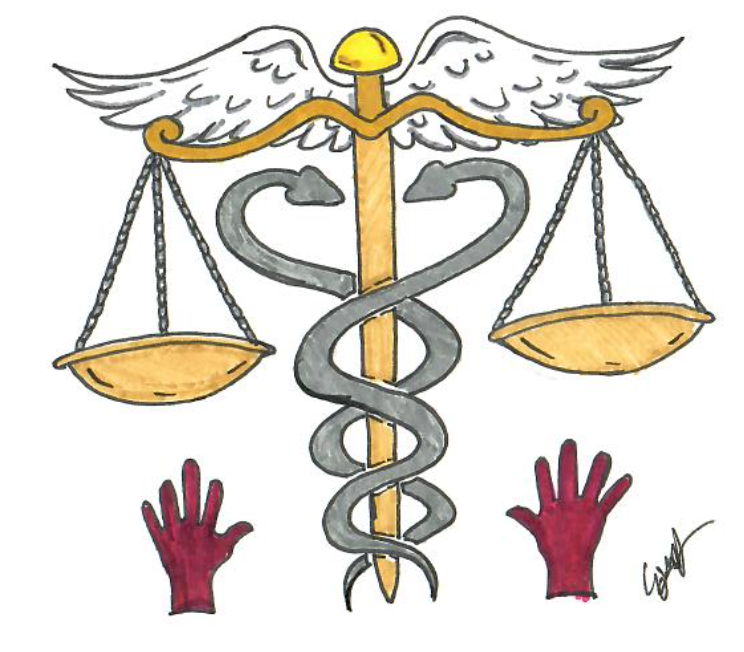Vol. 21 (2023): Health Equity: Institutions and Local Ecosystems Responding to People and Society Needs

Dear Reader,
We believe that quality equitable health is a human right. We are committed to promoting and implementing Health Equity and understand that to achieve this requires significant change at all levels. We are cognizant of the fact that to achieve Health Equity, we must involve new ways of thinking with governments, institutions, professions, and civil society.
The Robert Wood Johnson Foundation defines Health Equity where "everyone has a fair and just opportunity to be as healthy as possible. This requires removing obstacles to health such as poverty, discrimination, and their consequences, including powerlessness and lack of access to good jobs with fair pay, quality education and housing, safe environments, and health care." Achieving health equity requires effective solutions by investing in systems that are designed to improve social and economic conditions, including housing, transportation, education, income and employment assistance, child and family supports, and legal and criminal justice services, and integrating these investments into often disconnected medical and public health programs tasked with improving health.
Our challenge is figuring out “HOW” to shift the aspiration of Health Equity to local action and impact. This edition focuses on three strategies embedded in an anchor strategy. An anchor strategy, first articulated by the Aspen Institute, is a place-based business approach to building community health and wealth by means of local hiring, investing, purchasing, and community engagement. The strategies are:
- Knowledge sharing, learning, and community-based education that serves to motivate individuals to learn and take action. Action is best accomplished by increasing opportunities in which to learn relevant knowledge from diverse colleagues.
- Embracing the assets, successes, initiatives, and evidence about what works within a local ecosystem.
- Supporting Local Change Networks by building upon their capacity through sharing systems and policy change successes and embracing a side-to-side functional model where teaching and learning happen across networks, learning from and with each other.
The articles for this edition, a partnership with The Network: Towards Unity for Health and The Alliance for Health Equity, explore many examples of the impact of place-based approaches to achieving Health Equity. The Network: Towards Unity for Health has curated articles focused on the Social Accountability movement in which institutions shift their practices to be responsive to people and society’s needs. The Alliance for Health Equity has curated articles focused on embedding community voice and community-designed solutions and justice and equity into place-based strategies.
Sincerely,

Nicholas Torres, Co-Founder and Publisher
Acknowledgements: The art produced for this edition is by emerging artist Ema Navas




